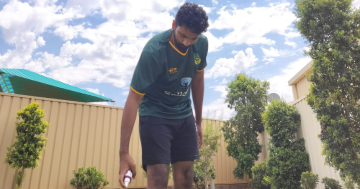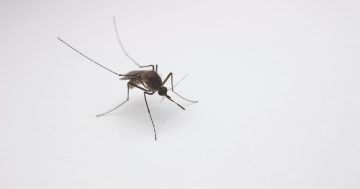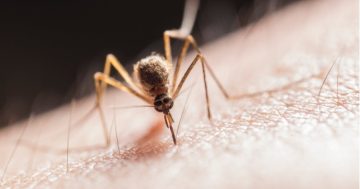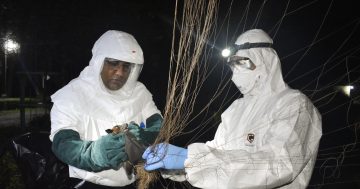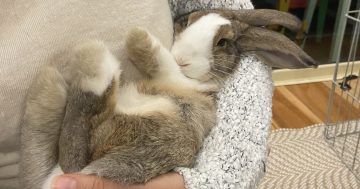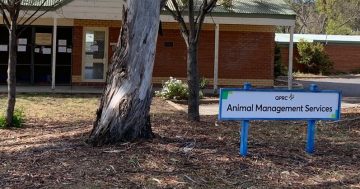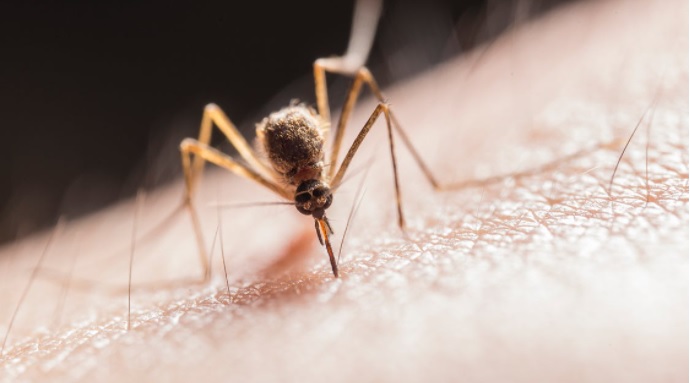
The Japanese encephalitis virus is spread by mosquitoes and can infect animals and humans. Photo: File.
Investigations are continuing into the source of a Japanese encephalitis virus (JEV) case in the Goulburn area.
Confirmed as the fifth case of JEV in New South Wales, the Goulburn man aged in his 60s was treated in hospital before being discharged and is continuing recovery in a rehabilitation facility.
NSW Health is urging the community – particularly those working with pigs or horses – to stay vigilant and take precautions against mosquito bites as urgent investigations into the location of his exposure continue.
Several people in NSW are currently undergoing further testing for JEV and more cases are expected to be confirmed over the coming weeks.
The Goulburn case follows the death of a Griffith man in his 70s who died in a Sydney hospital on 13 February.
A rise in mosquito numbers is expected following the recent heavy rains in the region and this could increase the risk of contracting the virus.
Only one per cent of people who contract the exotic mosquito-borne virus will show symptoms.
Locally-acquired cases of JEV have never previously been identified in NSW in animals or humans.
Since late February 2022, the virus has been confirmed in samples from pig farms in NSW, Queensland, Victoria and South Australia.
The virus is spread by mosquitoes and can infect animals and humans. The virus cannot be transmitted between humans nor can it be caught by eating pork or other pig products.
There is no specific treatment for JEV, which can cause severe neurological illness with headache, convulsions and reduced consciousness in some cases.
The Australian Government is monitoring the unfolding crisis and has declared a Communicable Disease Incident of National Significance.
There are currently 15 confirmed human cases of JEV in New South Wales, Queensland, South Australia and Victoria.
The government has announced a $69 million plan to combat the spread of the disease, including the acquisition of another 130,000 vaccine doses.
There are currently two human JEV vaccines available on the Australian market; Imojev (Sanofi-Aventis Australia) and JESPECT (Seqirus).
Minister for Health and Aged Care, Greg Hunt said the government will spend almost $30 million on the additional vaccine doses, which would likely be secured over the next month.
“The Australian Government will procure vaccines and distribute equitably to states and territories,” Mr Hunt said.
“The Communicable Diseases Network Australia (CDNA), in consultation with the Australian Technical Advisory Group on Immunisation (ATAGI), has prioritised people for vaccination with direct exposure or close proximity to pigs and mosquitos and those with high-level occupational exposures in the risk areas.”
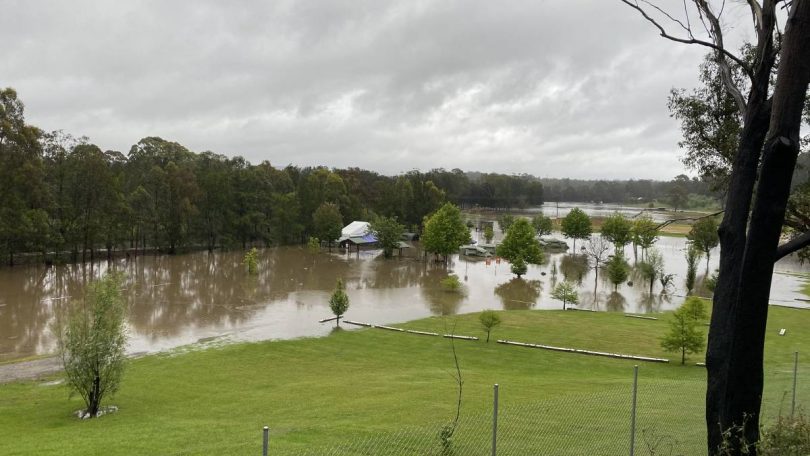
Recent flooding was expected to result in a rise in mosquito-borne viruses. Photo: Supplied.
Also first in line for the jab are environmental health officers and workers in both urban and remote locations, entomologists and all diagnostic and research laboratory workers who may be exposed to the virus, such as persons working with JEV cultures or mosquitoes with the potential to transmit JEV.
“There are other simple steps we can all take to prevent contact with infected mosquitos, such as using repellent-containing picaridin or DEET on all exposed skin, wearing loose-fitting clothing when outside and ensuring that accommodation is properly fitted with mosquito nettings or screens,” Mr Hunt added.
The Federal Government is expanding and enhancing current mosquito control and surveillance strategies to limit the number of people and animals that are exposed to JEV.
Minister for Agriculture and Northern Australia and Deputy Leader of the Nationals, David Littleproud, said mosquito trapping and control was being conducted at all infected piggeries, with movement restrictions in place for properties in Victoria, Queensland, New South Wales and South Australia.
“JEV can cause reproductive losses in pigs and, in some cases, encephalitis in horses,” Mr Littleproud said.
“We are working with the pig industry to implement appropriate mosquito control measures and trapping and sampling.”
A national surveillance plan is being developed to identify and locate infected mosquitoes, birds, pigs — including feral pigs — horses and humans.
The community is instructed to report animals showing signs of the disease to local veterinarians or the Emergency Animal Disease Watch Hotline on 1800 675 888.
Simple preventative actions include avoiding the outdoors during peak mosquito times (dawn and dusk) or wetland and bushland areas, wearing long sleeves and pants outdoors and applying repellent to all exposed skin.
Homeowners should reduce all water-holding containers around the home where mosquitoes could breed.
For further information on the mosquito-borne disease and ways to protect yourself go to the NSW Health website.






